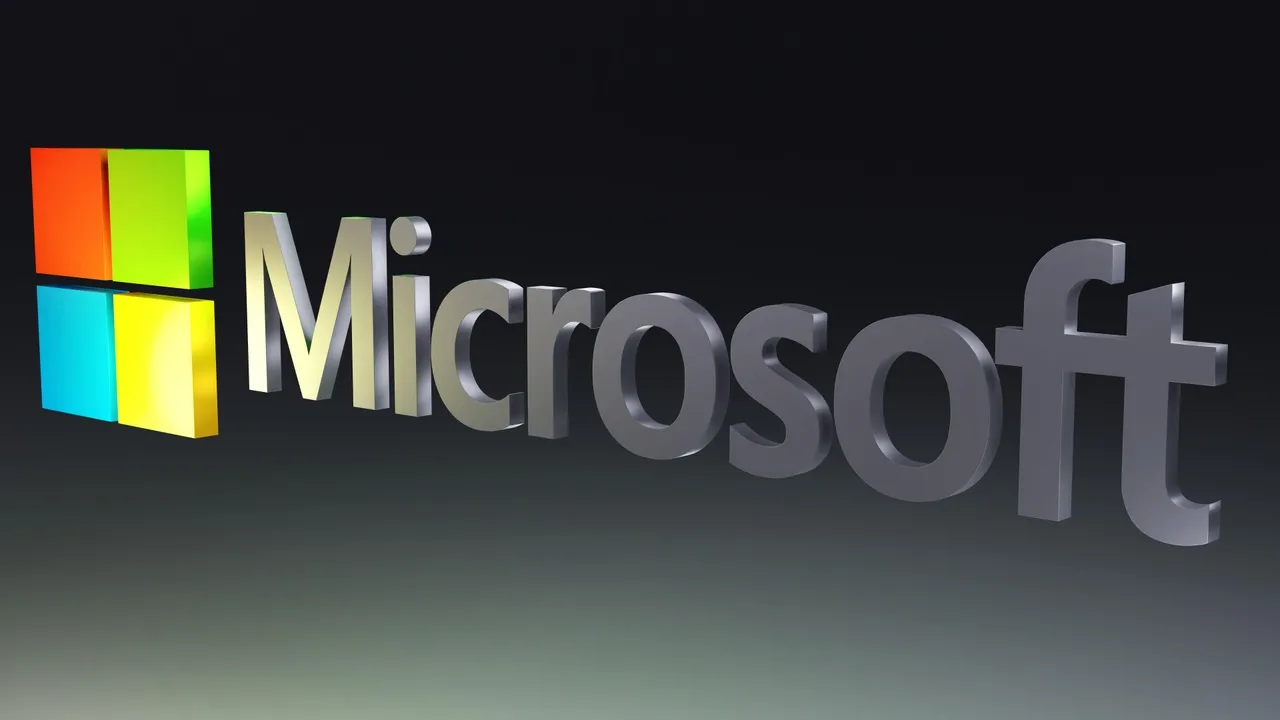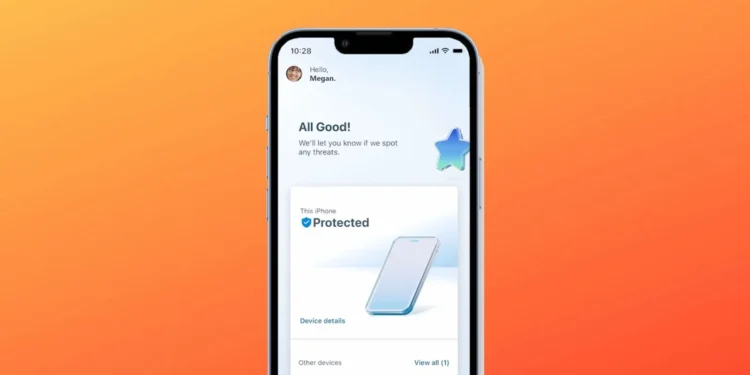In a surprising move that’s set to impact many, Microsoft has announced the closure of its Defender VPN service, which will cease to operate by the end of this month. This decision marks a significant shift in Microsoft’s approach to online security, prioritizing different avenues over the VPN service that many had come to rely on for enhanced privacy online.
The Defender VPN, known for its stringent data cap of 50GB per month followed by throttled speeds of just 256 Kbps, had already placed restrictions that lessened its appeal among heavy internet users. Moreover, on mobile platforms such as Android and iOS, the VPN did not support major applications like WhatsApp, Facebook video, YouTube, TikTok, Netflix, Disney+, and Amazon Prime Video, nor could it be used to circumvent regional restrictions on these services.
In their official statement, Microsoft emphasized their commitment to user safety, stating, “Our goal is to ensure you and your family remain safer online.” They added, “We routinely evaluate the usage and effectiveness of our features. As such, we are removing the privacy protection feature and will invest in new areas that will better align with customer needs.”

What’s Next for Current Users?
For users of the Defender VPN, this announcement means it’s time to seek alternatives. The service discontinuation will not require any action from users on Windows, iOS, and macOS, as the service will simply become non-operational. Android users, however, will need to take the step of manually removing the VPN profile from their devices.
Despite the VPN service ending, Microsoft assures that Defender’s web protection features, especially those concerning anti-phishing on iOS, will continue using a different form of VPN technology. Additionally, Microsoft 365 subscribers in the U.S. will maintain their existing benefits, including credit monitoring and identity theft insurance which covers up to $1 million in legal and expert fees, along with up to $100,000 in reimbursement for stolen funds.

Exploring VPN Alternatives
As the Defender VPN winds down, users may wonder what alternatives could offer similar, if not better, features without the limitations previously encountered. When choosing a new VPN provider, consider the following:
- Data Caps: Look for services offering unlimited data to avoid the frustration of throttled speeds.
- App Compatibility: Ensure the VPN works seamlessly with all your essential and frequently used apps.
- Geographical Flexibility: If accessing content from different regions is important, select a VPN that offers robust capabilities to bypass regional restrictions.
- Security Features: Opt for providers that ensure robust encryption and privacy protections.

Microsoft’s shift from operating a VPN service to focusing on other security aspects suggests a strategic realignment with broader customer security needs. While some may view this as an inconvenience, it could signal a more refined and focused approach to how security services are deployed to consumers in the future. For now, affected users should consider this an opportunity to explore new VPN services that could better meet their privacy and security expectations.










